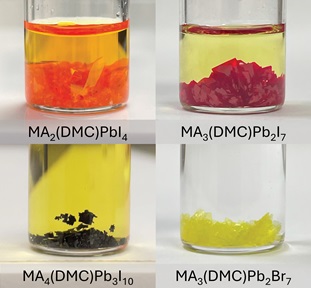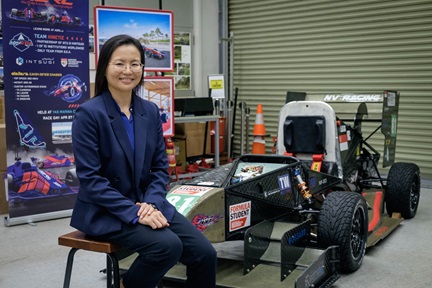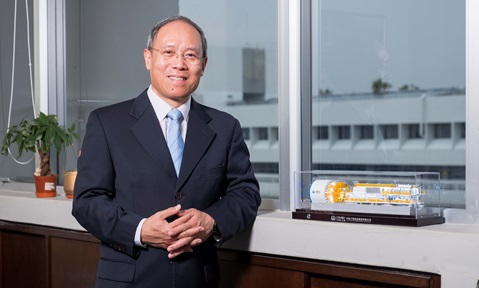Giving a hand to stroke rehab patients
NTU researchers develop algorithms based on game theory that enable robots to assist stroke patients safely and efficiently.

The use of robot-supported arms during rehabilitation has proved successful in helping stroke patients to recover motor functions in their affected limbs.
However, current rehabilitation robots typically follow a predetermined flow of movements instead of adapting to each patient’s behaviour and progress of recovery.
Researchers at NTU and the University of Sussex and Imperial College London have used game theory for the first time to enable robots to assist humans more safely and efficiently. Combining clinically-validated rehabilitation robots, developed by Assoc Prof Domenico Campolo of NTU’s School of Mechanical and Aerospace Engineering, with game-theoretical algorithms made it possible to identify the behaviour of patients to provide optimal assistance.
The researchers believe the breakthrough could help robots complement humans as trainers in physical rehabilitation and sports, or in shared driving.



.tmb-listing.jpg?Culture=en&sfvrsn=29c7e020_1)
.tmb-listing.jpg?Culture=en&sfvrsn=55153609_1)


